Harnessing emerging technologies for the achievement of the Sustainable Development Goals: Role of Government
Rwanda
Session 208
1.0. Introduction
The theme of this workshop focuses on the role of governments in promoting the use of emerging technologies to achieve the United Nations Sustainable Development Goals (SDGs). With the rapid pace of technological advancements, it is essential for governments to understand how these technologies can be leveraged to address the complex and interrelated development challenges of the SDGs.
Rwanda has made significant progress in leveraging technology for sustainable development in recent years. The country has implemented various innovative initiatives to leverage technology for sustainable development.
The workshop will bring together experts in the field to discuss the current state of play and the challenges and opportunities that lie ahead.
2.0. Objectives
The objectives of this workshop are to:
1. To examine the current state of government policies related to emerging technologies and their impact on sustainable development.
2. To identify the key challenges faced by governments in promoting the adoption of emerging technologies for the achievement of the SDGs.
3. To explore best practices for government approaches that support the responsible and inclusive use of emerging technologies for sustainable development.
To provide recommendations for future government policies that support the integration of emerging technologies into sustainable development strategies.
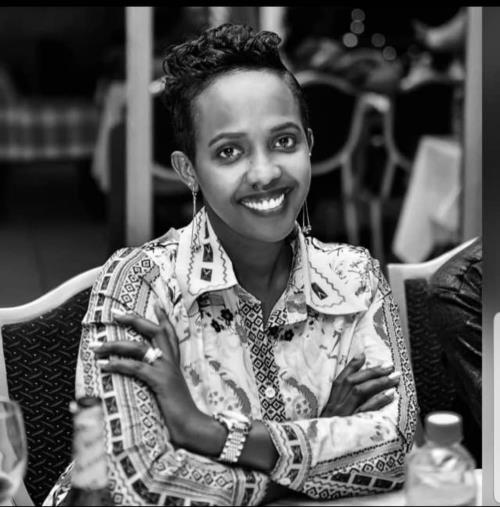
Janet Umutesi works at the Rwanda Utilities Regulatory Authority (RURA) as the Senior Manager in charge of Quality Assurance.
She holds a Bachelor’s Degree in Social Sciences and Social Administration (2006) from the National University of Rwanda (UR) and an Executive Master’s Degree in E-governance (Governing by ICTs) from the École Polytechnique Fédérale de Lausanne (EPFL), Switzerland (2011).
She is a former Advisor to the Regulatory Board of RURA, a multi-sectoral Regulator for public utilities including ICTs, Energy, Transport, Water and Sanitation; as Advisor to the Regulatory Board, she proficiently guided the Regulatory Board, which is the Governance and Decision Making organ of the Authority, in most matters concerning the regulated sectors.
Before joining RURA, Janet worked at the Ministry of Infrastructure as advisor to the Minister of State in charge of Energy and Communications with the responsibility of handling different issues on behalf of the Minister.
With a positive, proactive, self-motivated and results-driven management style, she has been nominated to participate in different ITU meetings and events and is currently ITU’s Direct Focal Point for Rwanda.
She is currently the Vice-Chair for the Council Working Group on WSIS & SDGs for the African Region. The Working Group facilitates membership input and guidance on the ITU implementation of relevant WSIS outcomes and to elaborate proposals to the Council that may be necessary for adapting ITU to its role in building the information society. Janet has also represented RURA and the Country in other International gatherings.
She has excellent interpersonal, communication and negotiation skills and the ability to develop and maintain mutually beneficial internal and external relationships. She has a great attitude and able to perform under high pressure and challenging working environment
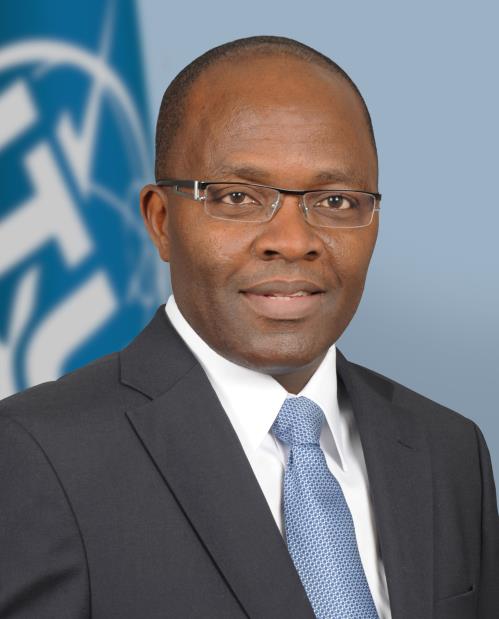
Dr. Cosmas Zavazava took office as Director of the Telecommunication Development Bureau (BDT) at the International Telecommunication Union (ITU) on 1 January 2023.
With more than 30 years in telecommunications, including over 20 years in ITU's Development Sector, Dr Zavazava has promoted and implemented impactful information and communication technology projects around the world.
Prior to his election as BDT Director, he served as ITU's Chief of Partnerships for Digital Development, overseeing development-related projects, strategic partnerships, and resource mobilization between 2019 and 2022, while launching new initiatives that have boosted the engagement of industry, private-sector, and academia members in ITU's work.
From 2010 until 2019, he was Chief of the Projects and Knowledge Management, responsible for ITU's project portfolio, statistics, capacity building, and emergency telecommunications activities, as well as coordinating special assistance to least developed countries (LDCs), landlocked developing countries (LLDCs), and small island developing states (SIDS).
Previously, as ITU's Chief of Projects and Initiatives, he oversaw development projects focused on gender, youth, and people with special needs, along with capacity building, emergency telecommunications, climate change mitigation and adaptation, and e-waste management.
Earlier, Dr Zavazava headed the Republic of Zimbabwe's Government Telecommunications Agency and served as a seniorr diplomat. He also taught MBA classes at the UK's Nottingham Trent University.
Throughout his career, he has focused on closing the digital and skills divide and accelerating digital transformation to achieve socio-economic development for all.
Dr Zavazava holds a PhD in Multilateral Trade from Business School Lausanne (Switzerland), and a Master of Laws degree in Telecommunications and Information Technology from the University of Strathclyde (UK), as well as a Master's in International Relations from Webster University (US), and an MBA from the University of Zimbabwe. He also holds a Bachelor's in Business Administration and diplomas in Telecommunications and Systems Engineering.
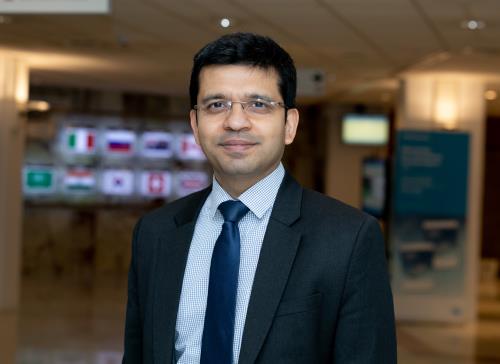
Preetam Maloor is the Head of the Emerging Technologies Division at the International Telecommunication Union (ITU), the specialized United Nations Agency for Information and Communication Technologies.
An accomplished international civil servant with more than two decades of experience in Technology matters, he is an expert on Artificial Intelligence and international cyber-related public policy matters. A UN Staff member since 2008, he has been a key member of the ITU Secretariat at several major conferences including the 2012 World Conference on International Telecommunications (WCIT), 2010, 2014, 2018 and 2022 ITU Plenipotentiary conferences, the 2009, 2013, and 2021 World Telecommunication/ICT Policy Forums (WTPF), and the annual AI for Global Good Summit. He also leads the Secretariat of the ITU Council Working Group on international Internet-related public policy issues and the Expert Group on the International Telecommunication Regulations.
Prior to joining ITU, Preetam spent nearly 10 years in the private sector, working primarily at Artificial Intelligence research organizations such as Intelligent Automation Inc, a Rockville, Maryland-based research think-tank focusing on AI-based applications, and at AT&T Research Labs, Florham Park, New Jersey in its Speech & Natural Language Research Group.
He holds Master’s degrees in Computer Science from Texas A&M University, College Station, and in Engineering and Public Policy from the University of Maryland, College Park. He has a Bachelor’s degree in Computer Science and Engineering from the University of Mumbai.
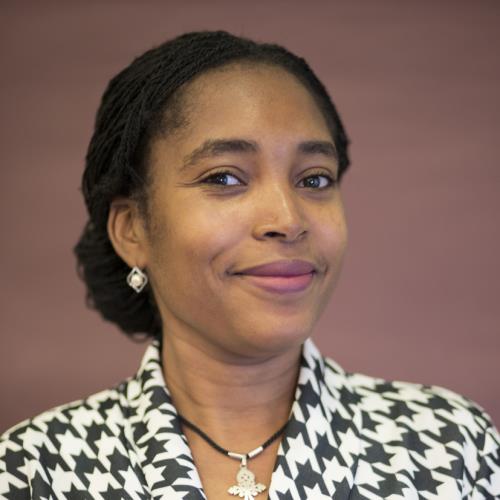
Aminata Amadou Garba is Project Development Coordinator at the ITU Development Bureau. Her background is in ICT technologies, policies and infrastructure. She previously served as Associate Professor at Carnegie Mellon University, Africa and Director General of the Multi-Sector Regulatory Authority of Niger. She received the masters and Ph.D. degrees in Electrical and Computer Engineering from McGill University, Canada.
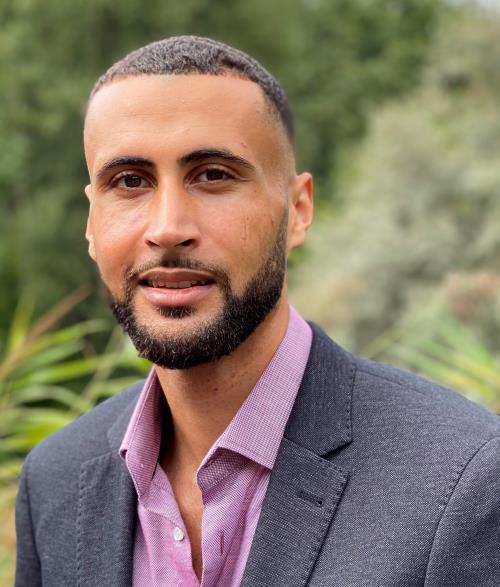
George Kibala Bauer is a Director in the GSMA Digital Utilities programme. In this role, he focuses on developing and managing strategic partnerships, conducting research on the role of digital solutions and innovative partnerships in improving utility service provision, and supporting innovators in low- and middle-income countries in their journeys to scale.
Prior to joining the GSMA, George gained experience in consulting and strategic communications, economic research, development finance, and government affairs. George holds a MSc in international economic policy from Sciences Po Paris, a BA in economics from McGill University, as well as certificates in project finance, impact evaluation, and urban planning. He was also selected to take part in the On Deck Climate Tech Fellowship, a programme bringing together start-up and climate experts to catalyse climate tech innovations. Since 2021, George also serves on the advisory board of GOGLA, the global association for the off-grid solar energy industry.
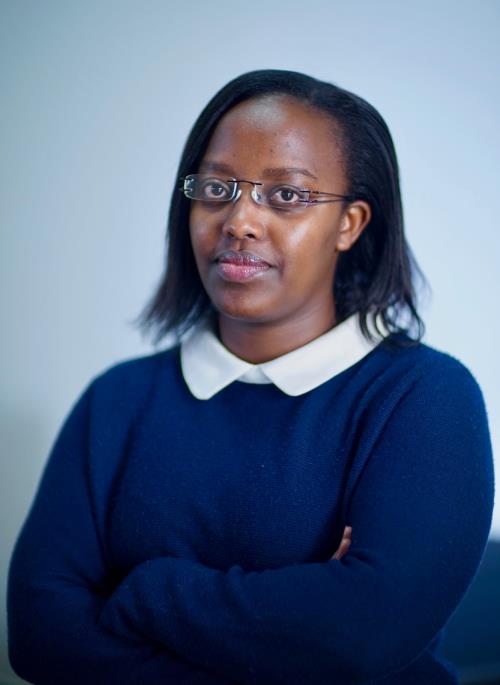
Esther Kunda is the Director General in charge of Innovation and Emerging Technologies at the ministry of ict and innovation where she drives policy initiatives and interventions to support the Rwandan innovation ecosystem and development of new emerging technologies in the country.
Before joining the Ministry of ICT and Innovation, Esther Kunda was the Policy, Innovation and Community of Scientists Manager at the Next Einstein Forum. She managed the development of NEF policy initiatives and worked closely with the NEF Community of Scientists on science engagement activities such as the NEF Africa Science Week across Africa.
Before joining NEF, she was at Intel as Education Support Manager and as product development for Tigo Rwanda. She has experience in product development, business strategy, policy and innovation.
She holds a Masters in Science in Information Technology from Carnegie Mellon University and Bachelor of Science in Computer Engineering from Kigali Institute of Science and Technology.
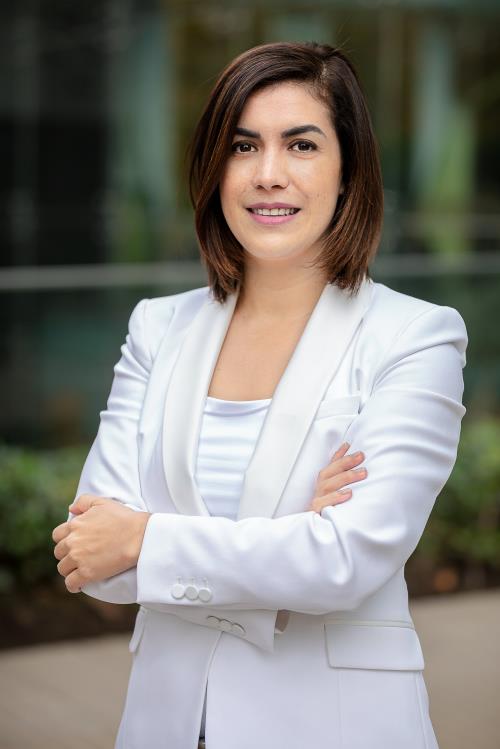
Yolanda Martínez currently works as International Telecommunications Union (ITU) as Sr Project Coordinator for the GovStack Initiative, helping governments accelerate the digitization of government services. In the public sector, Yolanda led the national digital strategy of Mexico, the digital government unit at the federal level, and the Zapopan digital city program at the local level. She has led several digital transformation initiatives in the private sector while at Deloitte Consulting. In the international arena, Yolanda led the Office of the Inter-American Development Bank (IDB) in Chile, has collaborated with United Nations agencies and joined OECD as a peer reviewer for the digital government strategies of various Latin American countries. Yolanda has been recognized by @political as one of the twenty most influential people globally in digital government. She holds a Ph.D. degree in information and knowledge society from the Open University of Catalonia (UOC).
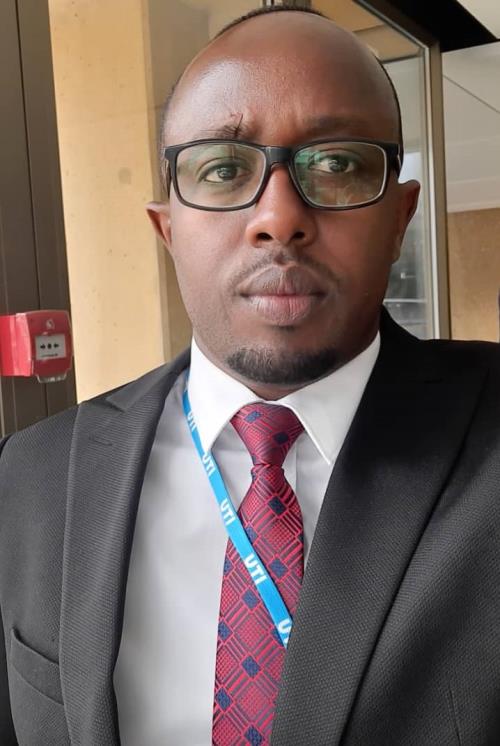
Jean de Dieu Imanishimwe is an analyst with a vast experience in the regulation of the Information and Communications Technology sector in Rwanda. He currently works at Rwanda Utilities Regulatory Authority (RURA) as the Analyst in charge of Emerging Technologies. His responsibilities include regulating emerging technologies and ensuring that they conform to the set standards.
Before his current position, he served as the project manager of Universal Access Fund (UAF) in RURA for over 10 years. In this role, he was responsible for overseeing the implementation of projects aimed at providing universal access to communication services in Rwanda.
Jean de Dieu Imanishimwe is also a prolific researcher, with over 10 publications in international journals and conferences. Some of his notable publications include "Energy-efficient Secure Path Algorithm for Wireless Sensor Networks," published in the International Journal of Distributed Sensor Networks (IJDSN), Vol.2012, Art. ID 751784, SCIE.
He has also contributed to the development sector of the International Telecommunications Union (ITU) by writing papers on different questions of the ITU-D Study Group 1 and Study Group 2. Some of his papers include "Telecommunication and ICT initiatives in Rwanda" (April 2015), "ICT in education sector of Rwanda" (April 2016), "Use of ICTs for agricultural development in Rwanda" (January 2017), "Use of ICTs for e-health promotion in Rwanda" (September 2016), and "ICTs for the Nation’s transformation into a Smart Society" (April 2017).
In addition, Jean de Dieu Imanishimwe is an Alternate Rwanda Designated Focal Point to the ITU, whose responsibilities involve overseeing all ITU-related activities at the national level, managing delegate registration, and providing guidance to the ITU councilor.
Jean de Dieu Imanishimwe holds a Master's degree in Computer Engineering from Kyung Hee University in Suwon, South Korea, and a Bachelor's degree in Computer Engineering and Information Technology from the Kigali Institute of Science and Technology (KIST).
-
 C6. Enabling environment
C6. Enabling environment
-
 C7. ICT applications: benefits in all aspects of life — E-government
C7. ICT applications: benefits in all aspects of life — E-government
This workshop aligns with several WSIS Action Lines, including Action Line C5 (Building Confidence and Security in the Use of ICTs), Action Line C6 (Enabling Environment), and Action Line C7 (ICT Applications and Digital Content). The discussions and recommendations arising from the workshop will inform the implementation of these Action Lines, particularly in the context of emerging technologies and their role in achieving the SDGs.
-
 Goal 3: Ensure healthy lives and promote well-being for all
Goal 3: Ensure healthy lives and promote well-being for all
-
 Goal 4: Ensure inclusive and equitable quality education and promote lifelong learning opportunities for all
Goal 4: Ensure inclusive and equitable quality education and promote lifelong learning opportunities for all
-
 Goal 16: Promote just, peaceful and inclusive societies
Goal 16: Promote just, peaceful and inclusive societies
This session highlights role of governments in leveraging emerging technologies to improve governance and service delivery as essential for achieving several SDGs. For instance, digital platforms/technologies can be used to improve citizen engagement and accountability (SDG 16), healthcare (SDG 3), education (SDG 4), and access to financial services (SDG 8).
Harnessing the potential of emerging technologies for sustainable development requires a coordinated effort from governments. Governments have a critical role to play in creating an enabling environment for the deployment of emerging technologies, through investment in research and development, support innovation ecosystems, and create regulatory frameworks that balance innovation with safety, privacy, and ethical concerns.